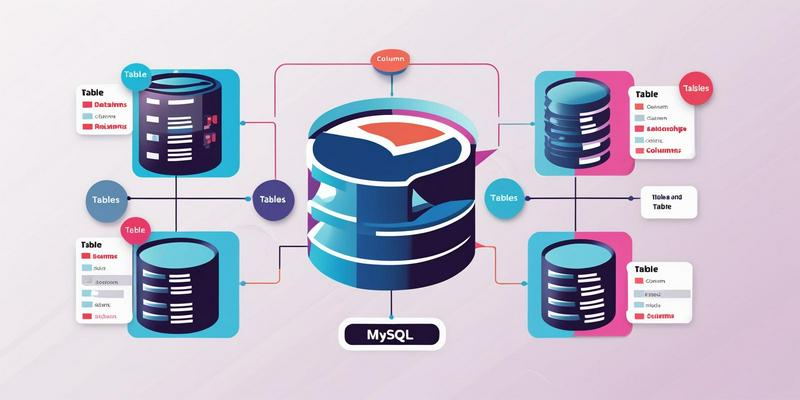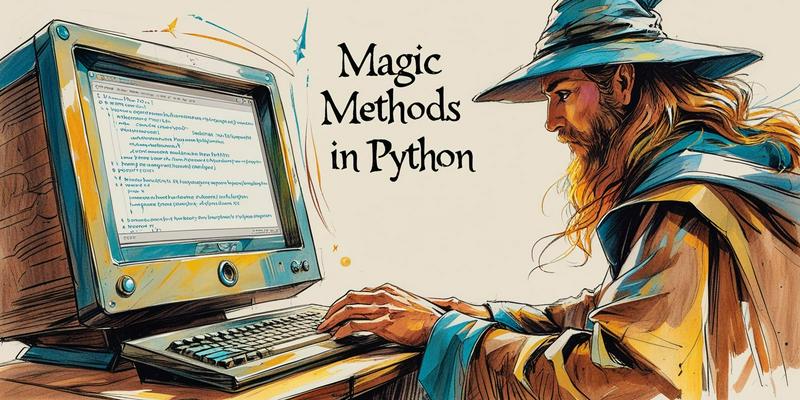
Meet Tilly Norwood, the AI Actress Shaking Up the Film IndustryAI actress Tilly Norwood, created by UK’s Particle 6 Productions, is reshaping Hollywood. Crafted entirely with AI, she never tires, ages, or demands pay. While producers see innovation, actors and unions fear replacement as digital stars step into the spotlight.

Exploring Python's
cachier ModuleThe cachier module in Python offers an efficient, decorator-based caching solution for function results, allowing developers to enhance the performance of their applications with minimal code changes. By using cachier, functions remember their previously computed results, greatly reducing unnecessary recalculations.
Efficient Conditional Logic in JavaScript with
&&= OperatorHandling conditional updates in JavaScript can become cumbersome, leading to unnecessarily complex code. The &&= operator offers a concise alternative for making updates only when variables are truthy, providing cleaner and more efficient scripts.
Exploring Python's
tabulate ModuleThe tabulate module in Python offers a simple solution to format tabular data in plain text, HTML, and many other formats, providing the capability to display data clearly. Understanding its features is essential for improving the presentation of data in CLI applications.
Understanding Python's
operator ModuleThe operator module in Python offers a set of efficient, clean, and readable methods that correspond to standard operators. By providing a functional way of accessing intrinsic functions and operators, the module enhances the performance and readability of your Python code.
Understanding MySQL Stored ProceduresStored procedures in MySQL are powerful tools that allow developers to encapsulate multiple SQL statements into a single function, enhancing both efficiency and reusability. They simplify complex operations by reducing redundancy and making scripts easier to manage.


Understanding Python's Magic MethodsPython's magic methods, or dunder methods, offer a way to interact with object internals, allowing developers to define object behavior across various operations. They make Python special by enabling the customization of built-in functions and operations. Understanding and implementing these methods is crucial for writing idiomatic and effective Python code.

Navigating MySQL with Window FunctionsMySQL's window functions, including
LAG(), LEAD(), FIRST_VALUE(), LAST_VALUE(), and NTH_VALUE(), offer powerful capabilities for data analysis by providing seamless access to result sets while preserving context. This guide explores each function's purpose, application, and practical use cases.
Exploring New
t-string (Template String)Python’s t-string feature introduces a deferred string formatting model. This article explores its capabilities and demonstrates how it improves flexibility and clarity when handling templates in Python applications. From simplifying delayed formatting to supporting localization and dynamic substitution, this feature opens new options for developers working extensively with strings.
